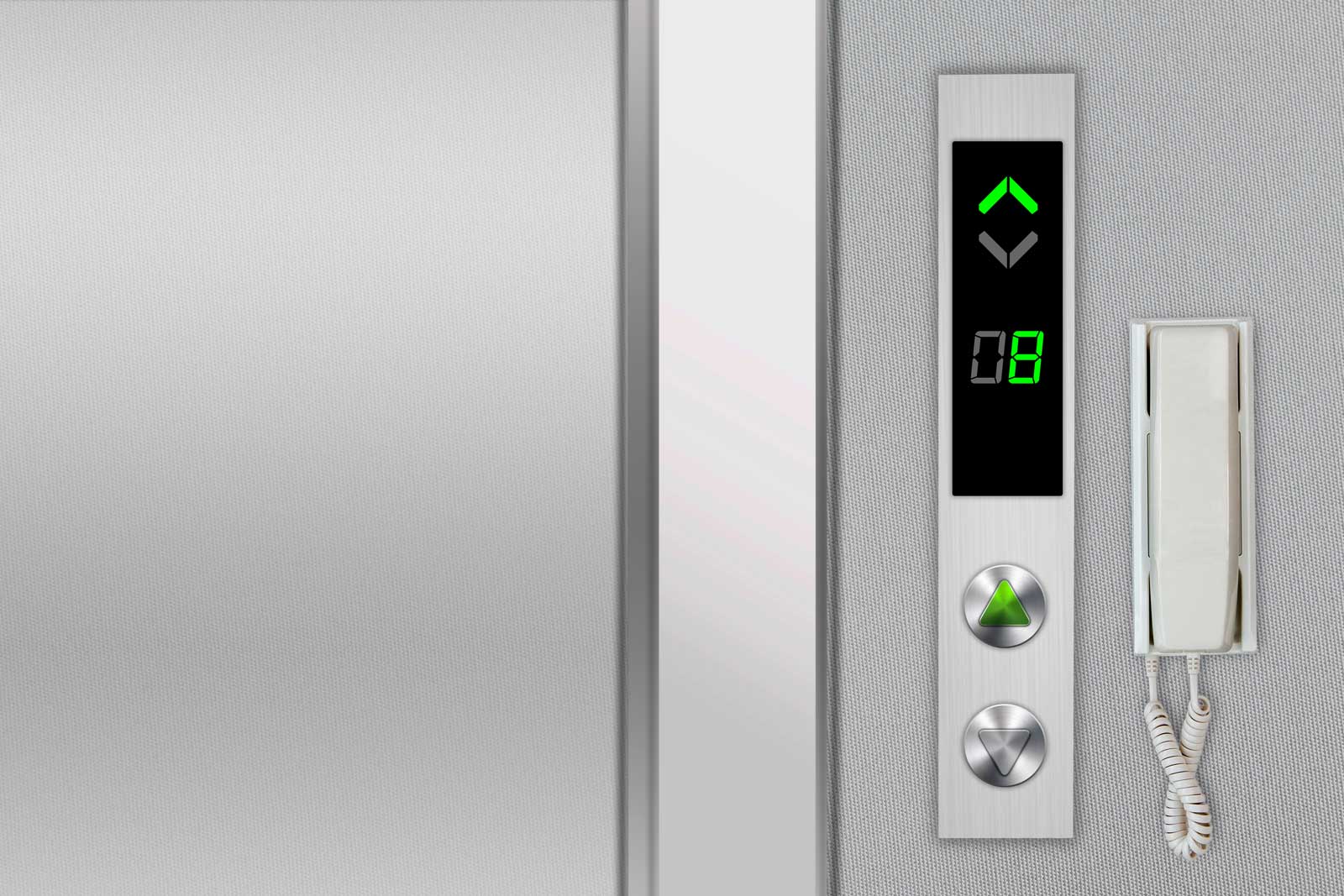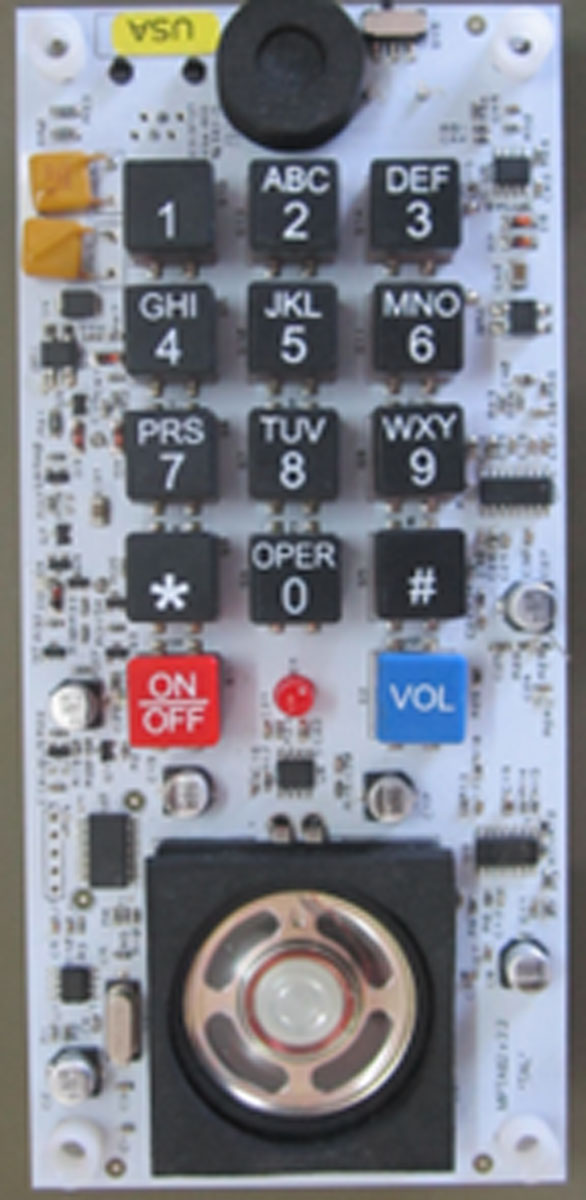Emergency Telephone for Private Residential Elevators
Feb 5, 2023

Is the land line still the best choice for an emergency telephone in private residence elevators?
by Moti Tietel
The AS17.1 Code refers to the emergency telephone as follows:
“5.3.1.20.1 Two-Way Communications Means. A two-way communications means permanently installed in the car shall be provided to summon personnel who can take the appropriate action 24 h each day. The two-way communications means shall not be transmitted to an automated answering device. If the normal power source for the communications means fails, the communications means shall automatically transfer to a source of standby or emergency power capable of providing service for at least 4 h.”
The following possible emergency telephone technologies are available:
- Wire telephone (Public Service Telephone Network (PSTN*)), also called land line telephone
- Wireless cellular telephone
- Wire or fiber optic internet telephone, also called Voice over Internet Protocol (VoIP) telephone
- The wireless cellular phone might not work in areas with no coverage or with a weak signal. In basement floors, there might be no reception, which requires special split installation.
- The speech of wireless cell phone and VoIP telephone is digitized, and speech quality might be reduced.
- Wireless cell phones and VoIP telephones have a higher electronic component count and, therefore, are less reliable.
- Wireless cell phones and VoIP phones require a backup battery in order to work during power cutoff. A battery can fail; therefore, phones using a battery are less reliable.
- Cell phone work time is limited by the battery capacity, and the VoIP does not work during a major power cutoff or home-power cutoff.
- Cell phones and VoIP phones require a local power supply. A local power supply reduces reliability.
- Cell phone correct operation is more complicated to test for correct operation.
- Cell phones and VoIP phones are more complicated and contain more components.
- Cell phones and VoIP phones require more fitting (installation) effort.
- Cell phones and VoIP phones are more complicated systems and, therefore, cost more.
- Land line telephones and VoIP telephones depend on wires (or fibers), which, in some circumstances, can become disconnected. The VoIP transmission line includes electronic circuits which further reduce reliability.

The comparison table, therefore, shows clearly that the land line (PSTN line) has a significant advantage over other emergency telephones. The most important advantages of the land line are high reliability, independency from local power source, low cost and easy simple fitting/mounting.
The final conclusion is: The land line phone is still the best emergency phone for residential home elevators.
In private residential home elevators, the failure of the emergency telephone during the elevator fault (power cutoff or any other reason), can become a safety issue when a passenger gets stuck in the elevator and nobody is available at home to help (sometimes for days). Therefore, the emergency telephone as a means for calling for help has to be as reliable as possible.
Get more of Elevator World. Sign up for our free e-newsletter.










